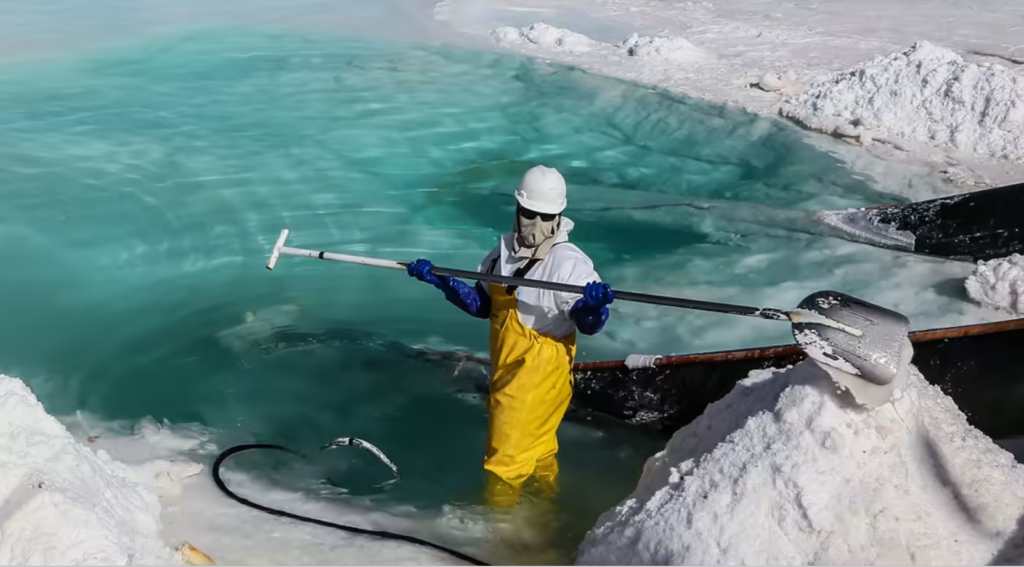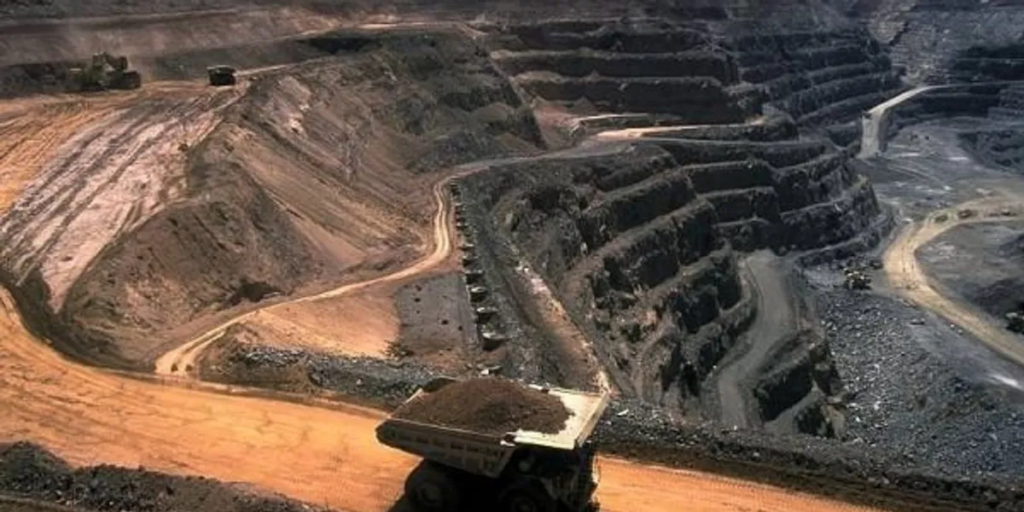
Nikkei has learned that the Ministry of Economy, Trade, and Industry will subsidize up to 50 percent of the cost of important mineral mine development and smelting initiatives by Japanese companies.
The initiative seeks to secure essential basic materials for electric vehicle batteries and motors, such as lithium and rare-earth metals. Japan seeks to diversify its supply network, as it is currently reliant on countries such as China for important minerals.
Support will be provided via a fund established by the Japan Organization for Metals and Energy Security, utilizing 105.8 billion yen ($788 million) already allotted for related expenditures.

Support focuses on lithium, manganese, nickel, cobalt, graphite, and rare earths. In addition to lithium-ion batteries, these minerals are also utilized to create the permanent magnets required for high-performance motors.
Reduce EV battery and motor material dependence on China
It will be subsidized for geological surveys to determine the profitability and integrity of mines. In addition to encompassing mine development and smelting operations, the initiative will encompass both. Those receiving subsidies will be compelled to continue operations for a minimum of five years following the commencement of mining and smelting.
In addition, a stipulated quantity of the output must be shipped to Japan. In the event of a supply shortage, participating companies will be required to provide the full quantity. Additionally, the initiative will promote the development of technologies that increase productivity and reduce costs in the smelting process.
According to the International Energy Agency, China accounts for 60% to 70% of lithium and cobalt processing for battery cathode materials and 70% of graphite processing for anode materials. China is primarily responsible for rare-earths processing.

According to McKinsey & Co., the global demand for lithium-ion batteries for EVs and plug-in hybrid vehicles will increase to 4,700 gigawatt-hours by 2030, approximately seven times the level in 2022.
Reduce China’s dependence on EV battery and motor materials.
In 2010, China temporarily suspended rare earth exports to Japan due to a dispute over the Senkaku Islands, which are claimed by both China and Japan. As a consequence, the Japanese economy was disrupted and prices skyrocketed.
The Group of Seven major economies held a ministerial meeting on climate, energy, and the environment in Japan last week, where it was resolved that the G-7 and resource-rich countries will work together to establish stable supply networks for rare earths and other essential minerals.
The Japanese government aims to increase domestic battery production capacity to 150 gigawatt-hours annually by 2030, which is approximately seven times the present capacity. Obtaining the raw materials is essential to attaining this objective.
As part of legislation enacted in 2021, the United States designated $1.6 billion to support the mining and refining of battery raw materials.
By 2030, the European Union intends to establish a goal of procuring 10% of rare earths and other vital resources from within the region.
